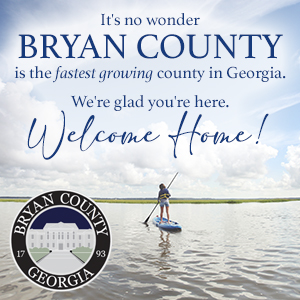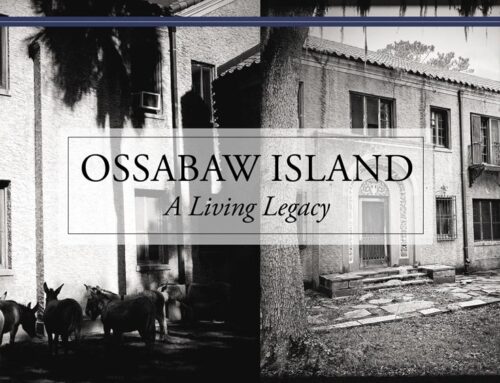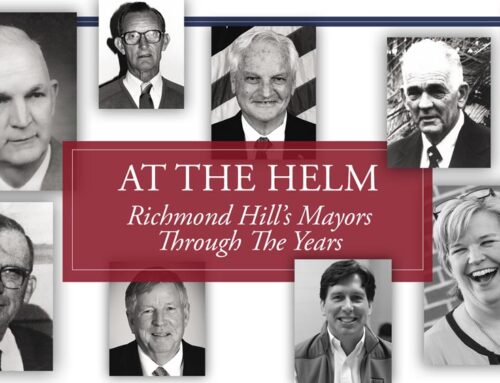
A Quiet Farewell to the Ghosts of Richmond Hill
“Reflections” of a Newcomer
WORDS AND PHOTOS BY BEN MERRILL
Postcards courtesy of Boston Public Library, Public domain, via Wikimedia Commons
WINTER 2022
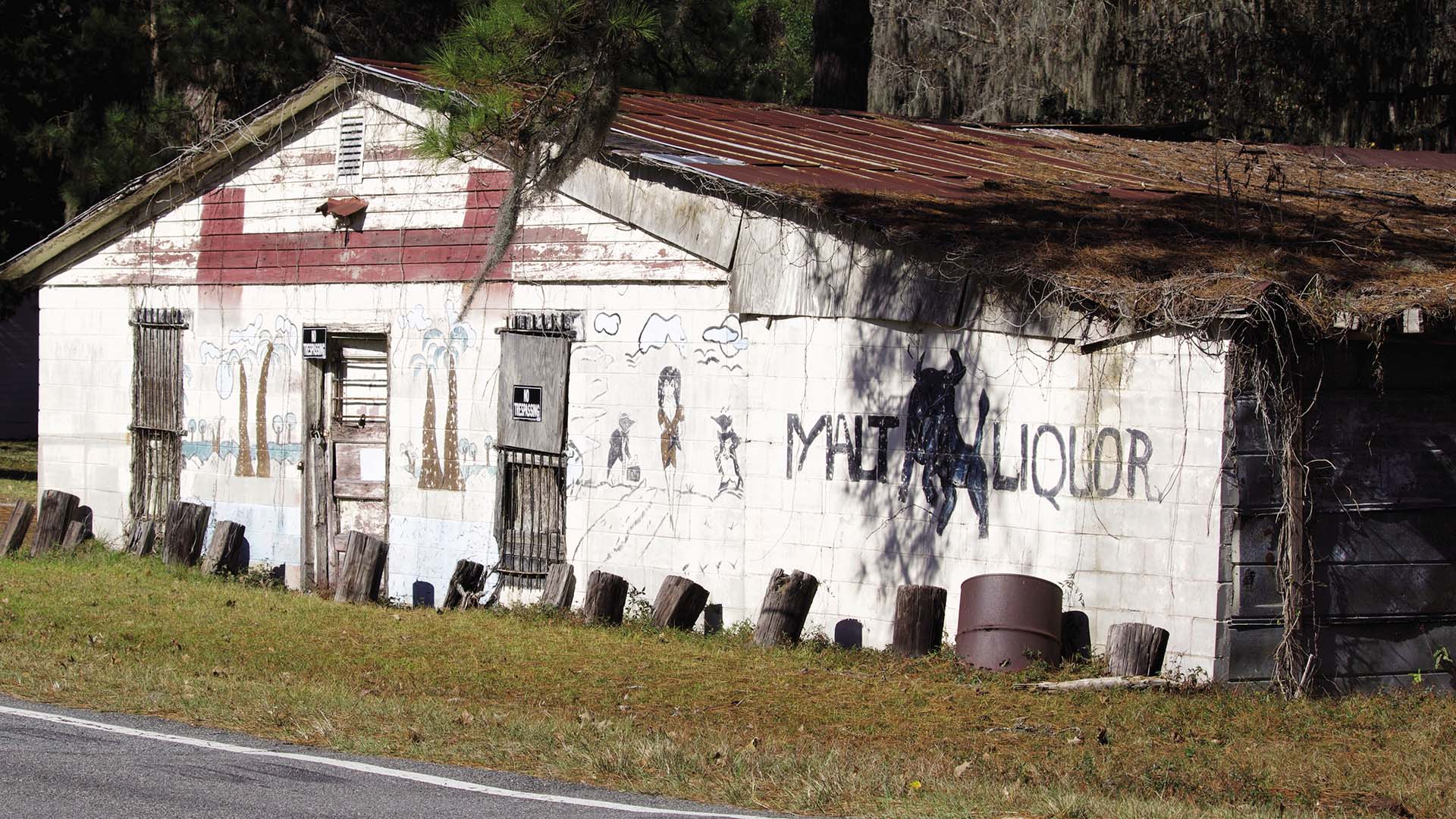
My grandparents retired from teaching in 1964. Like so many northerners back then, they’d heard stories about a wonderful and magical place called “The Sunshine State.” A place where land was cheap, the weather was warm, and the white sandy beaches – strewn with conch shells and sharks’ teeth – stretched for miles. After 65 winters of trudging through slush and shoveling snow, my grandparents were ready take the leap. But there was only one problem: how to get to paradise.
I-95, which today stretches from the Canadian border at Houlton, Maine to Miami, Florida, wasn’t completed in 1964. In some localities, it wasn’t ready until the mid 1970s. For would-be snowbirds like my grandparents, the only way to warmth in the winter was a long and grueling ride along narrow state highways, US 301, and the Atlantic Coast Highway, otherwise known as US Route 17. As they made their slow, almost torturous way down the eastern seaboard, the final overnight stop on my grandparents’ annual trek south was in Richmond Hill, Georgia.
I didn’t accompany my grandparents on those trips. I was only five at the time, but their first stop on the way south from Massachusetts was at my parent’s house in Connecticut. I remember hearing them talk about this amazing place called Florida, and I imagined the wonderful sights they would see along the way – provided, of course, their 1961 Rambler American Deluxe, packed to the roof, didn’t break down. New York City. Washington, DC. Richmond, VA. South of the Border. And finally, the Sunshine State itself. My grandparents were pioneers (or so I imagined), ready to rough it (if that’s what it took) to find their way to the quarter acre of tangled underbrush they had purchased – and would eventually build a house on – in South Venice, Florida.
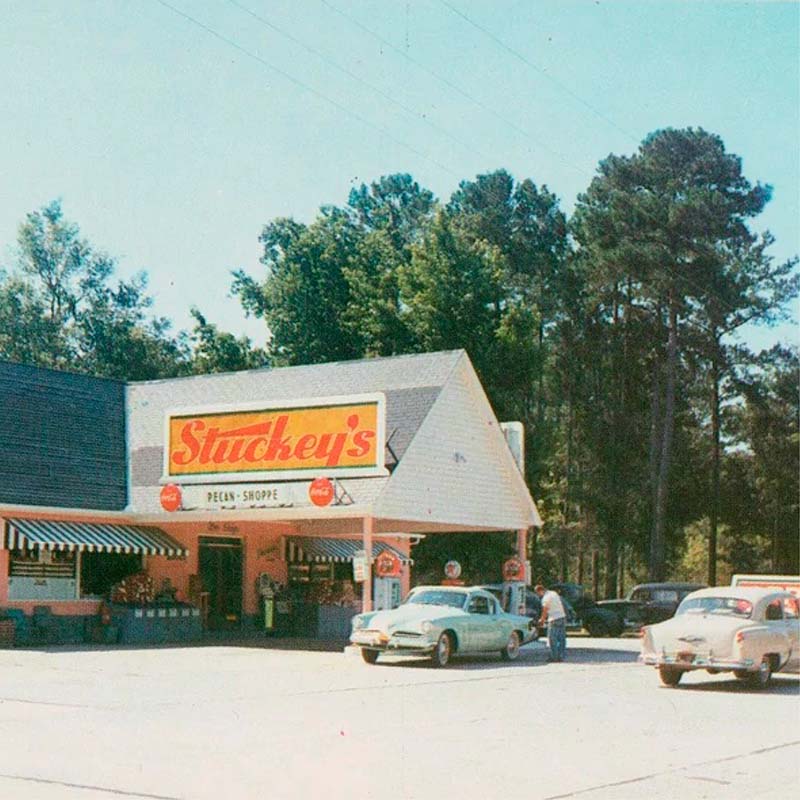
As they pulled slowly into Richmond Hill at dusk after a long day on the road, I like to imagine them gliding into E.A. Kicklighter’s motor court, or into Jo and George Smigiel’s Terrace Motel and Dining Rooms. Kicklighter, along with his wife, ran the Sequoia Court & Tiny Hotels on Route 17, which later became the A1 Motel. Hungry and thirsty from their long ride, they might have grabbed a sandwich and some soup at Bill and Ima Hudgins’s B & I Diner. And certainly they would have stocked up on taffy and pecans at Richmond Hill’s very own Stuckeys. In the morning, before heading out at dawn for their final day on the road, I like to picture them gassing up the Rambler and grabbing a quick breakfast at Light’s Restaurant. As the sun came up on what many locals back then still referred fondly to as “Ways”, my grandparents would have already been twenty miles down the road, bound for the magic they had heard and dreamed about for so long. Bound for the Florida line.
My wife and I moved to Richmond Hill in the summer of 2019 – a full fifty-five years after my grandparents sat in their metal patio chairs alongside the Coastal Highway, watching the sun go down and sharing a Moxie, one of my grandfather’s favorite beverages. They might have watched half a dozen cars go by, or possibly heard music and laughter floating down the highway from the Barn, one of the Hill’s most popular night spots. But there was no roar from the big rigs on the Interstate (simply because there was no interstate); no sirens blaring; no bright lights illuminating the night sky and dimming the heavens. Just the muted sound of the wind in the palms and the cicadas chirping on the banks of the creek. Even with all that Henry Ford had done to improve his southern hometown – building factories and mills, schools and churches – the residents of Richmond Hill, Georgia still went to sleep when the sun went down. The sidewalks, as they say, were rolled up at sunset.
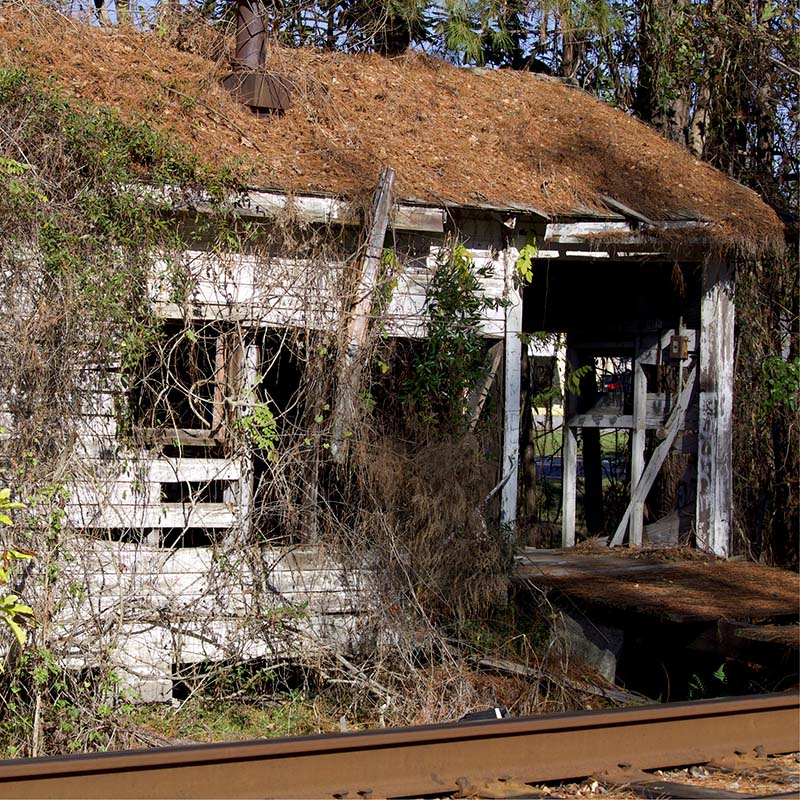
By the time my wife and I arrived here, development was already well underway. As I explored my newly adopted hometown, I couldn’t help but notice the vast tracts of open land bursting with subdivision after subdivision. Names like The Commons, Wexford, McAllister Pointe, Wicklow, and Creekside. People were moving here in great numbers and, being one of them, I understood why: the town’s proximity to Savannah, its outstanding schools, numerous recreational areas, deep water creeks, and so much more. Like a best kept secret that someone had let out of the bag, Richmond Hill had become one of the fastest growing towns in the State of Georgia. And as I drove around, exploring, I couldn’t help but wonder what “The Hill” might look like in another 10 years. Would it retain its hometown feel or would the sense of community I felt from the moment I arrived here slip away, lost to the highways, housing, and hotels that were multiplying like rabbits.
I guess the jury is still out on that one. But from what I as a newcomer can see, the town is doing it right; carefully and thoughtfully. New subdivisions – whole communities really – are springing up everywhere, while businesses and industry are coming in and putting down roots. Progress is everywhere, but it comes at a cost. As the trails and woodlands are turned into highways and housing, the remnants of the old days are slowly disappearing. The A1 motel, a relic from the past, was finally torn down last year, as was Gill’s Grill on the north side of town. Both of them Coastal Highway landmarks from another era. Crumbling cottages and motor courts; rusted signs pointing to nowhere; what I like to call “the ghosts of 17” are one by one coming down. Landmarks that my grandparents took for granted on their annual trips to paradise. Reminders that they were almost there.
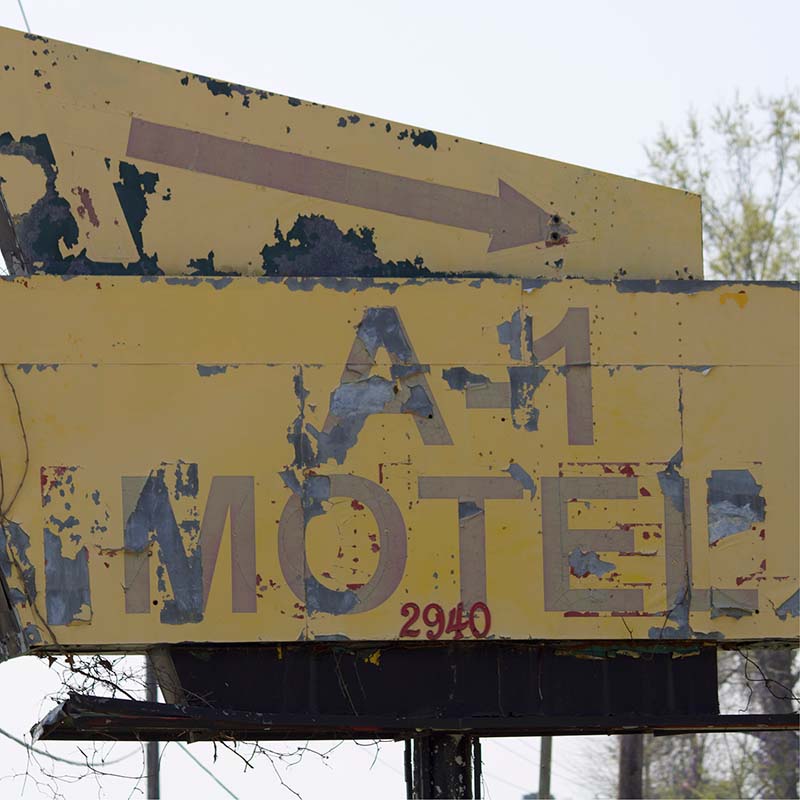
I have always had a heart – and an eye – for history. And it hurts me in a way I can’t really explain to see the old roads and buildings slip quietly away. Maybe it’s a generational thing, but I miss telephone booths and carburetors and waiting for the postman to deliver a letter. I am grateful to have arrived here before the last of the ghosts is gone, and I am grateful to have met a few of the old timers – people who remember the dusty town that used to be called Ways Station. But mostly I am grateful for the warm and genuine welcome I have received from everyone I have met here so far. I imagine my grandparents felt that same warmth.
“It’s just southern hospitality” my new friends tell me. “It’s just how we do things down here.” Well, thank goodness for that. And thank goodness nobody has follow it up with: “…bless your heart!”











